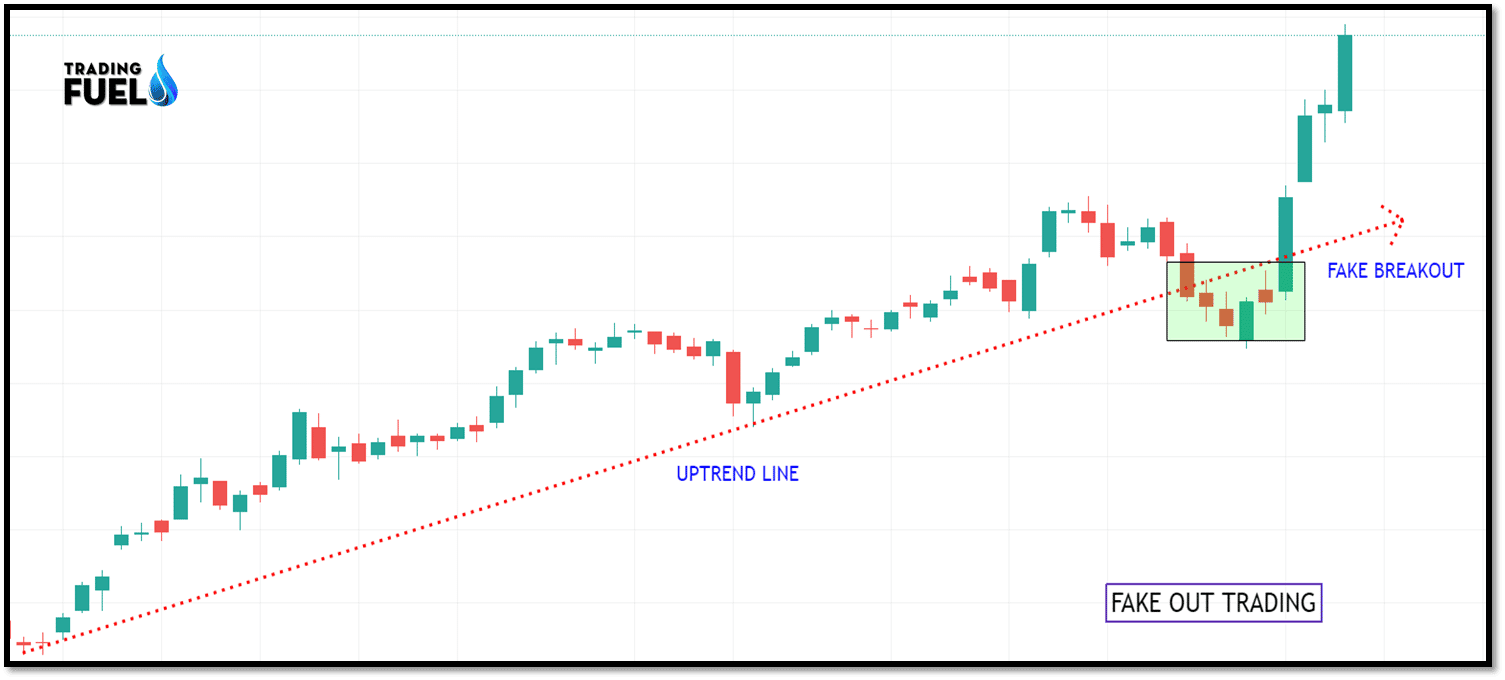In the enticing world of financial trading, the allure of quick profits can often overshadow the risks involved. One such pitfall is the growing prevalence of fake options trading accounts, which promise lucrative returns but ultimately lead to devastating losses. Understanding the nature and consequences of these accounts is crucial for every aspiring trader.

Image: www.tradingfuel.com
Unveiling the Deceptive Nature of Fake Options Trading Accounts
Fake options trading accounts are fraudulent platforms that mimic legitimate brokerages to attract unsuspecting victims. These accounts are typically created by scammers who use sophisticated techniques to create an illusion of credibility. They often employ high-pressure sales tactics, promising unrealistic returns and guaranteed profits.
Unlike legitimate brokerage accounts, fake options trading accounts do not provide access to real markets. Instead, they simulate trades on a rigged platform, where the outcome is predetermined to favor the scammers. Traders are allowed to deposit funds and make “trades,” but their profits and withdrawals are controlled by the fraudsters behind the scheme.
Uncovering the Hidden Dangers: How Fake Options Trading Accounts Scam Traders
The tactics employed by fake options trading accounts are designed to deceive and manipulate victims. Some of the most common tricks used include:
-
Manipulated Trading Platforms: Fake accounts use rigged platforms that generate fictitious profits, giving traders a false sense of success. The fraudsters can control the outcomes of trades, ensuring that traders experience consistent “wins” in the initial stages.
-
Overblown Promises: Scammers lure victims with promises of high returns on investment, guaranteed profits, and minimal risk. These promises are often too good to be true and are intended to create a sense of urgency and excitement.
-
Aggressive Sales Tactics: Scammers employ high-pressure sales techniques to push victims into opening an account and depositing funds quickly. They may use persuasive language and create a sense of FOMO (fear of missing out) to rush the decision-making process.
-
Impersonation of Legitimate Brokerages: Fake options trading accounts often impersonate well-known or reputable brokerages. They may use similar logos, website designs, and even contact information to deceive potential victims.
-
Lack of Transparency: Scammers avoid providing clear information about the trading conditions, fees, and risks involved. They may use complex jargon or avoid disclosing important details, making it difficult for victims to understand the true nature of the accounts.
Unveiling the Crushing Consequences for Victims
Falling prey to fake options trading accounts can have devastating financial consequences for victims. Here are some of the common outcomes:
-
Loss of Funds: The most significant consequence is the loss of deposited funds. Fake accounts are designed to drain victims’ money, either through staged “losses” or by refusing to process withdrawals.
-
Emotional Distress: The financial loss and realization of being scammed can cause significant emotional distress, including feelings of shame, anger, and helplessness.
-
Damaged Credit: Scammers may pressure victims to take out loans or use credit cards to fund their accounts. This can lead to overwhelming debt and damage credit scores.
-
Loss of Trust: The experience of a fake options trading account scam can erode victims’ trust in financial institutions and the trading industry as a whole.

Image: www.binance.com
Fake Options Trading Account

Image: scambroker.com
Empowering Traders with Preventive Measures
Protecting yourself from fake options trading accounts requires vigilance and a thorough understanding of the warning signs. Here are some key steps to consider:
-
Verify the Broker: Before opening an account, research the brokerage thoroughly. Check if it is registered with reputable regulatory bodies, such as the SEC or FINRA. Read reviews and seek independent confirmation from trusted sources.
-
Be Cautious of Unrealistic Promises: Avoid falling for offers that promise guaranteed profits, high returns with low risk, or a “get-rich-quick” scheme. Such promises are often red flags of fraudulent activity.
-
Watch Out for High-Pressure Sales Tactics: Scammers use aggressive sales tactics to push victims into quick decisions. Be wary of anyone trying to pressure you into opening an account and depositing funds.
-
Understand the Trading Platform: Familiarize yourself with the trading platform and ensure it is not manipulated or rigged. Look for independent reviews and testimonials from experienced traders before committing to a particular platform.
-
Beware of Impersonation: Always verify the identity of the brokerage and its representatives. Be skeptical of any communication that appears to be from a legitimate brokerage but contains unusual requests or suspicious links.






